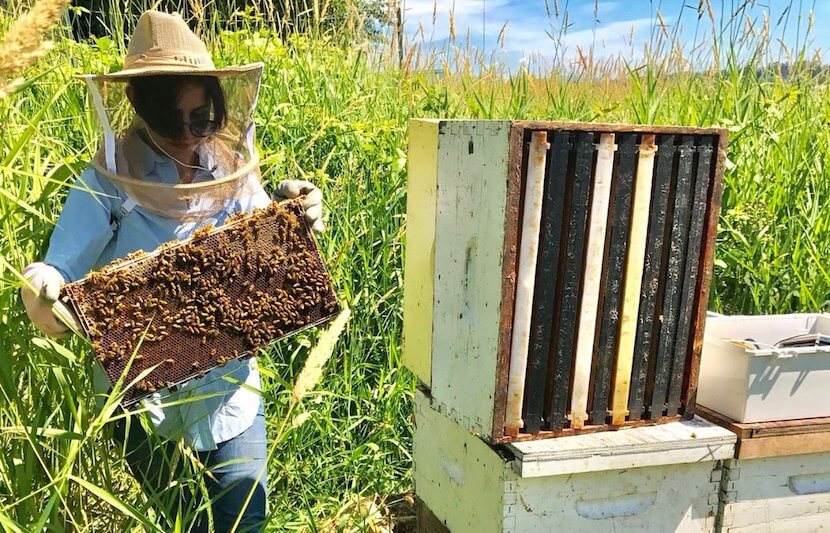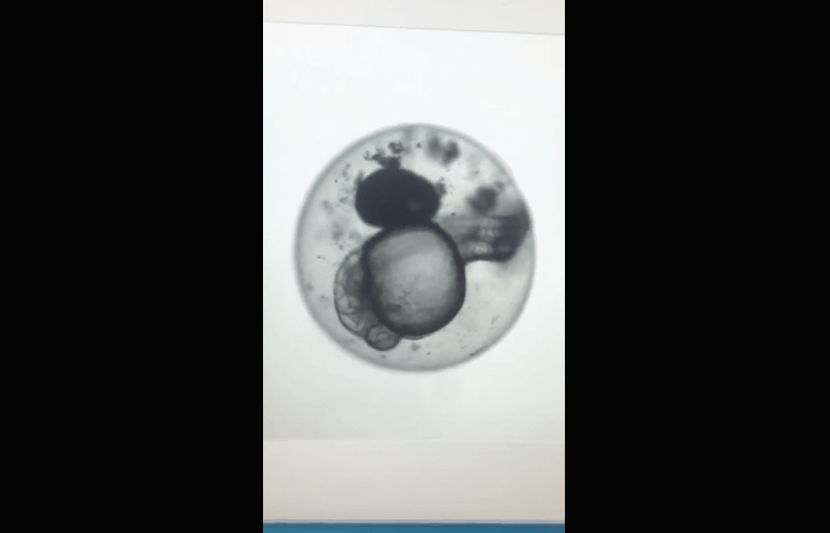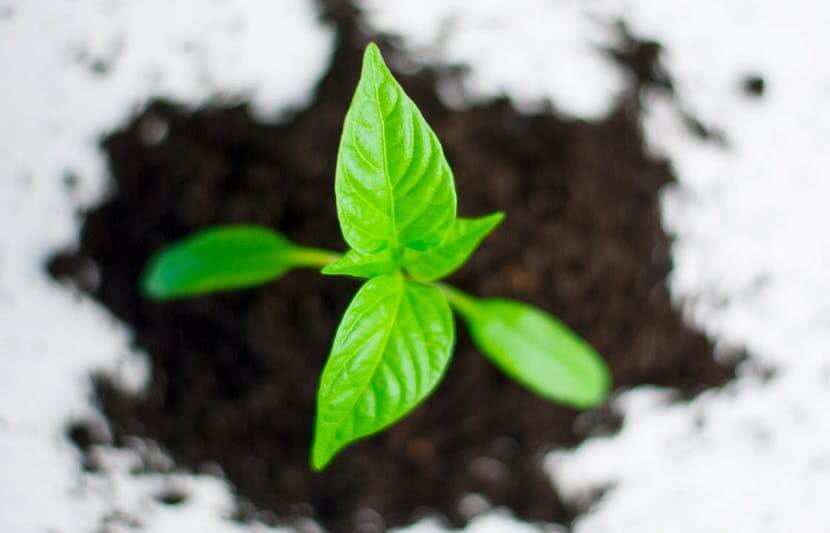-
E. Coli Could Help Save the Planet
E. coli bacteria could hold the key to the efficient capture and storage or recycling of carbon dioxide, according to a team of researchers from the University of Dundee, UK. The team’s process uses E. coli to convert C02 into liquid formic acid, which is easier to store and can be used for industrial purposes.… Read More
-
Southern Cross University Researchers Use Sexuality of Coral Reefs to Restore Damaged Reefs
A team of researchers from Southern Cross University in Australia has successfully used the sexuality and reproduction capability of coral reefs to repair damaged reefs in the Philippines. The research is led by Professor Peter Harrison, founding director of the Marine Ecology Research Centre and director of the Institute for Development, Environment and Sustainability (IDEAS)… Read More
-
Simon Fraser University Student Decodes Honeybee Health From Bee Buzz
Ever wonder what honeybees are saying to each other as they buzz busily around their hive? You won’t have to wonder for long. Oldooz Pooynfar, a graduate student at Simon Fraser University (SFU) in British Columbia, Canada, has devised a new technology that aims to find out exactly what the honeybees are communicating to each… Read More
-
University of Minnesota and Smithsonian Conservation Biology Institute Researchers Cryopreserve Zebrafish Embryos
In 1949, Chris Polge won the Nobel Prize in Medicine for his ability to cryopreserve or freeze sperm cells. Since then, advancements in cryopreservation technology have led to the successful freezing and thawing of human embryos and eggs. This known technology also works for similar mammals and wildlife species. But until now, researchers have failed… Read More
-
Declining Plant Diversity Affects Timing of Plant Flowering, According to Columbia University Research
The early blooming of crops, which is primarily accredited to climate change, has caused years of headaches for farmers and gardeners. But new research from Columbia University finds that declining biodiversity may play an equal role in the timing of plants flowering. These recent findings demonstrate how biodiversity affects entire ecosystems, and could change the… Read More






